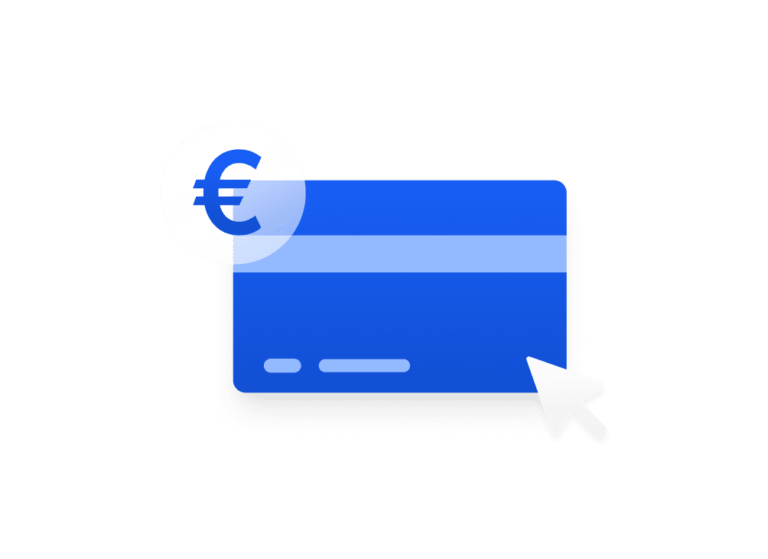As a start-up business, accounting, invoicing and overall management of your finances can be a daunting task. It’s no wonder, especially when you consider that mishandling your accounts can not only be detrimental to your company’s long-term success and can lead to dire straits, you can also get into a lot of trouble with tax authorities such as the IRS or HMRC if you don’t file your taxes properly or on time, or fail to meet your company’s financial obligations.
It is no secret that accounting and finance is any entrepreneur’s least favorite thing to do and is their largest business-owning burden. While filing taxes and keeping track of all your transactions are legal requirements, many newbie start-up entrepreneurs lack the knowledge and know how to do it properly.
Fortunately for these people, there are several tools and pieces of software available on the market which can bridge this gap between a lack of knowledge and your legal requirements.
There are numerous accounting systems which enable companies to largely automate the process of keeping track of spending, creating invoices, monitoring payroll and calculating taxes. These automations help start-up owners meet their financial obligations and eliminate the need for full-time in-house accountants and bookkeepers.
In your earliest days of operation, eliminating the costs of a full-time or even ad hoc accountant can amount to huge capital savings which can be invested elsewhere.
The Best Accounting Tools for Entrepreneurs
Accounting tools and platforms can be very sophisticated and whilst many are, there are plenty of simpler ones which can provide all the support and guidance necessary to help a new start-up stay on top of their finances and succeed.
This, however, depends on what you need. If you are a one-man-band who works with clients, then you may only need something which handles invoicing. If, though, you are a service-based start-up then you may need something which runs in tandem with a relationship management system.
With that being said, here are some of the best accounting tools for new entrepreneurs –
1. WaveApps
WaveApps is a completely free cloud-based invoicing platform which has a vast range of features which can track sales, purchases, banking, and payroll. You can even link up WaveApps to your internet banking account for complete trackability. So far as invoicing is concerned, WaveApps take the crown for being the easiest to get going with, and the invoice builder is extremely intuitive. When you have created your invoice, you can even send it to your customer directly through the WaveApps API.
Because it is free, however, WaveApps does use advertisements for revenue and charges credit card processing fees for payments.
2. Xero
Xero was designed for small-to-medium sized businesses specifically. Although its main functions are invoicing, it also offers inventory tracking, tracking of expenses and tax relief, payroll management and connections to your bank account. Xero can also be integrated with hundreds of external applications for workflow automation. If, for example, you process payments through Stripe, Xero can automatically track these.
Xero is a premium online accounting solution which starts at $20/month for their most basic version, topping out at $30/month for their unlimited features. They also offer a 30-day free trial.
3. Fresh Books
If you are looking for an all-in-one solution which can handle sending invoices, bookkeeping, payment processing and tax management, Fresh Books may be the ideal solution. Its intuitive UI is super easy to use, and it has a broad range of features to suit business ventures of all size. For example, do you have a client who is repeatedly late paying invoices? You can send them reminders and charge interest from within Fresh Books.
Pricing for Fresh Books starts at $15/month for up to 5 clients and $50/month for 500 clients. There is also a 2.9% processing fee for credit card payments.
Good Accounting is Key
Accounting, finance, and taxes represent the biggest burdens for start-up entrepreneurs, and they can be the biggest time sink for somebody who has never experienced it before. As a start-up, you probably don’t have the need for a full-time accountant or bookkeeper, and that’s where these, and many more, clever accounting tools come in. Send invoices, take payments, perform bookkeeping and track taxes all in one place.











